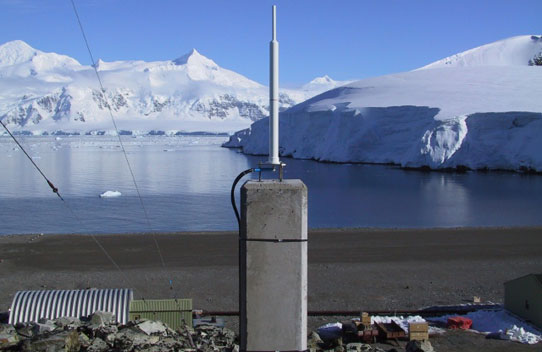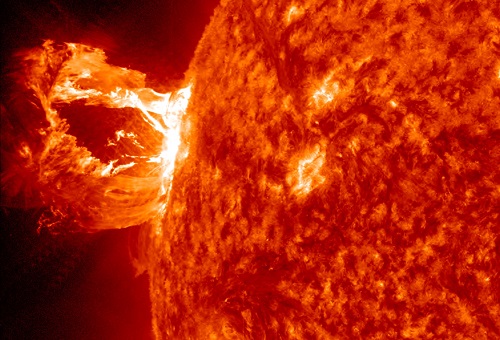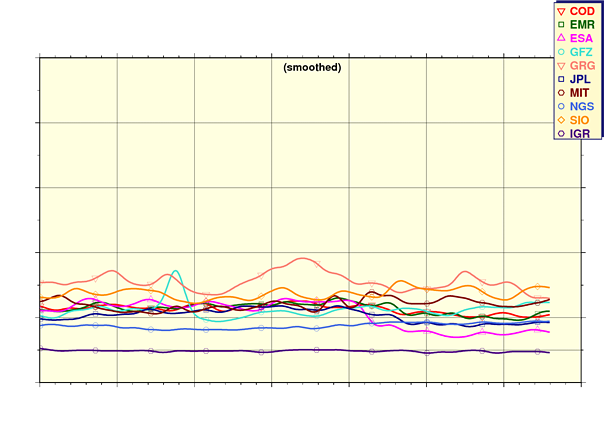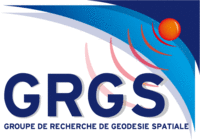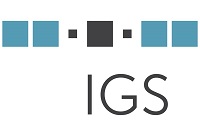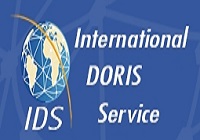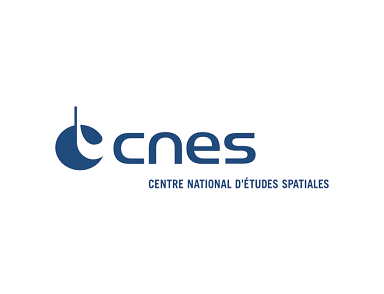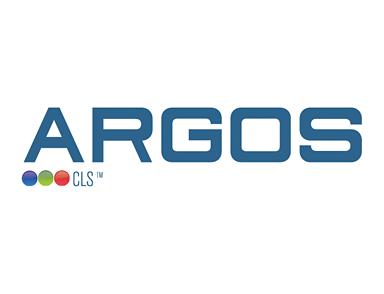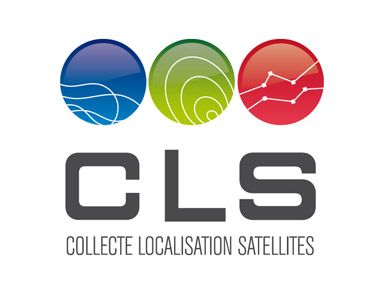Geodetic applications, ocean sciences and engineering
Our unique involvement in Argos, Doris, and GNSS techniques allows us to apply our expertise to a growing portfolio of clients. Many industries require higher accuracy for operations than traditional global navigation satellite systems (GNSS) can provide.
Sensitive operations in agriculture, mining, oil and gas, construction, and maritime as well as space navigation may require centimeter accuracy, and can be critically impacted by imprecise or unreliable GNSS positions.
